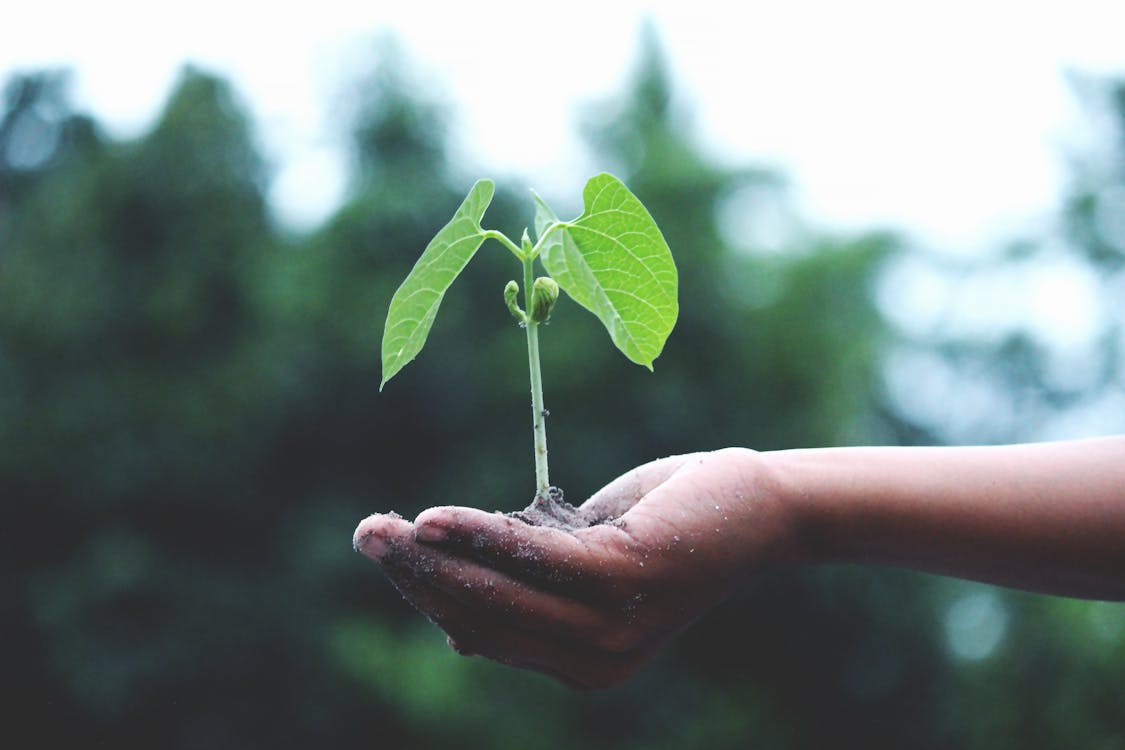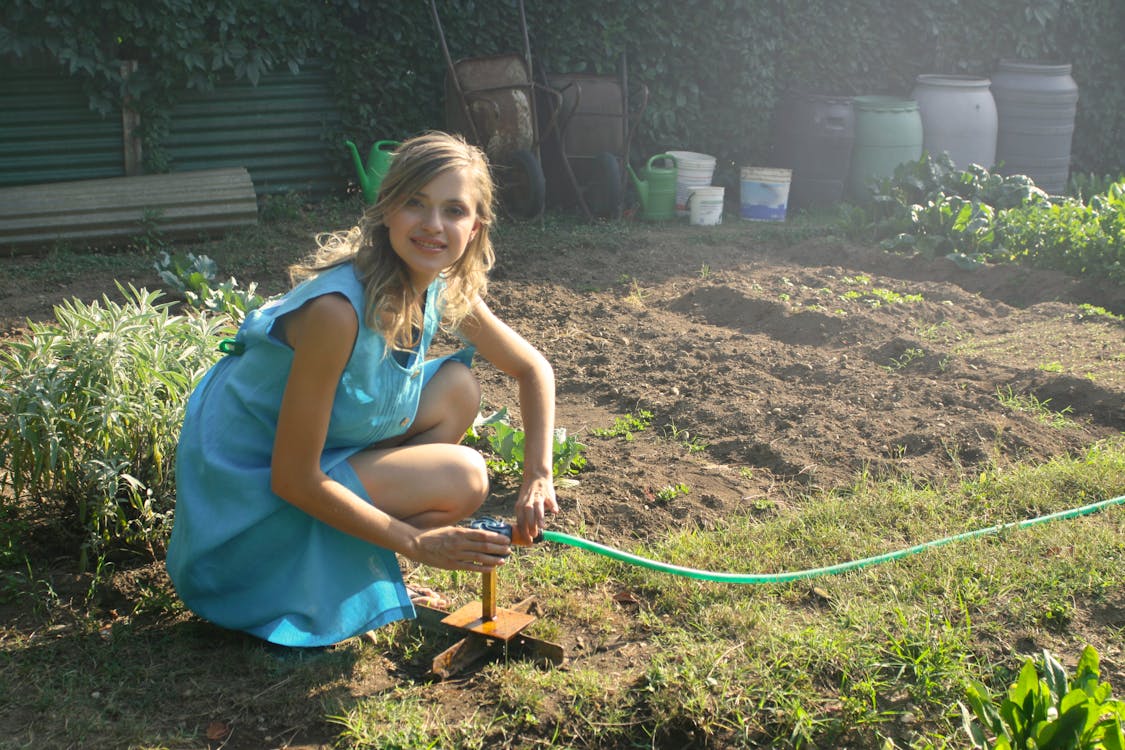
Gardening for Beginners: How to Start Your First Garden from Scratch
Share
Embarking on your first gardening journey is like opening a door to a world of endless possibilities. From the joy of nurturing plants to witnessing the beauty of blooming flowers, gardening is a rewarding endeavor. If you're a beginner eager to dig into the soil and cultivate your own green haven, you're in the right place.
This guide on gardening for beginners will help you set up your first garden, offering practical advice and insights to set you on the path to success.
1. Choose the Right Location: Sunlight is Crucial
The first step in your gardening adventure is choosing the right location for your garden. Most plants thrive in sunlight, so look for a spot that receives at least six hours of sunlight each day. South-facing areas often get ample sunlight, making them ideal for flower beds and vegetable gardens. Consider the proximity to water sources as well; a garden that's easy to water is a garden that's easy to care for.
2. Assess Your Soil: The Foundation of Growth
Different plants have different soil preferences, so start by testing your soil's pH and composition. Adding organic matter like compost can improve fertility and drainage. Well-draining soil prevents waterlogged roots, a common issue for many plants.
3. Select Easy-to-Grow Plants: Beginner-Friendly Beauties
For beginners, success often lies in starting with plants that are forgiving and resilient. Opt for easy-to-grow varieties that can withstand occasional neglect and mistakes. Herbs like basil and mint, or flowers like marigolds and pansies, are excellent choices for beginners. As you gain confidence and experience, you can gradually expand your repertoire to include a wider range of plants.
4. Invest in Quality Tools: The Gardener's Arsenal
Equipping yourself with the right tools is essential for a smooth gardening experience. Invest in quality basics like a durable trowel, pruners, and a watering can. A kneeling pad can make prolonged gardening sessions more comfortable. While you don't need a shed full of tools to start, having these essentials will make your gardening tasks more efficient and enjoyable.

5. Watering Wisdom: Consistency is Key
Proper watering is a cornerstone of successful gardening. Most plants prefer consistent moisture, so establish a regular watering routine. Be mindful of the specific water needs of different plants, as overwatering can be as harmful as underwatering. Mulching makes your watering efforts more effective.
6. Learn from Mistakes: A Gardener's Evolution
Don't be discouraged by inevitable mistakes along the way. Gardening is a continuous learning process, and even seasoned gardeners encounter challenges. Whether it's overenthusiastic watering, planting too closely, or encountering unexpected pests, view each challenge as an opportunity to grow.
7. Be Patient: Nature Takes Time
Patience is a virtue in gardening. Plants, like all living things, need time to establish themselves before they produce abundant blooms or fruits. Avoid the temptation to overcrowd your garden with too many plants too soon. Allow them the time and space to grow, and you'll be rewarded with a healthier and more beautiful garden in the long run.
8. Enjoy the Process: Gardening as Therapy
Gardening is not just about the end result; it's about the therapeutic journey of nurturing life. Take time to enjoy the process, from sowing seeds to watching the first sprouts emerge. Connecting with nature and the rhythm of the seasons can be a deeply fulfilling experience. Gardening is not just a hobby; it's a mindful practice that brings joy and a sense of accomplishment.
9. Embrace Companion Planting: Nature's Harmony
Companion planting is a gardening technique that provides mutual benefits for plants. For example, planting basil near tomatoes can improve tomato flavor and protect against certain pests. Marigolds, with their pest-repelling properties, make great companions for a variety of vegetables. Embrace the wisdom of companion planting to create a harmonious garden where plants work together for collective well-being.
10. Understand Frost Dates: Timing is Everything
Knowing the average last and first frost dates in your region is crucial for successful gardening. Understanding the local climate helps you plan your planting and harvesting times. Planting too early can expose your plants to late spring frosts, while planting too late may not give them enough time to mature before the first fall frost. Being aware of frost dates allows you to make informed decisions, ensuring your plants have the best chance to thrive.

11. Gardening Journal: Document Your Journey
Consider keeping a gardening journal to document your journey and track the progress of your plants. Note important dates, such as when you planted seeds, when the first sprouts emerged, and when you observed the first blooms. A journal becomes a valuable resource for learning from your experiences, understanding your garden's specific conditions, and planning for the next growing season. It's a personal chronicle of growth, both for your plants and your skills as a gardener.
Your Green Journey Begins
As you take your first steps into the world of gardening, remember that Thuja Gardens is here to support your green journey. You can shop Japanese Stewartia and the majestic Thuja trees online from our collection.
Embrace the journey, learn from the process, and revel in the beauty of nature coming to life in your own backyard.
Ready to start your own garden adventure? Explore our curated selection at Thuja Gardens and discover the plants that will kickstart your green journey.
